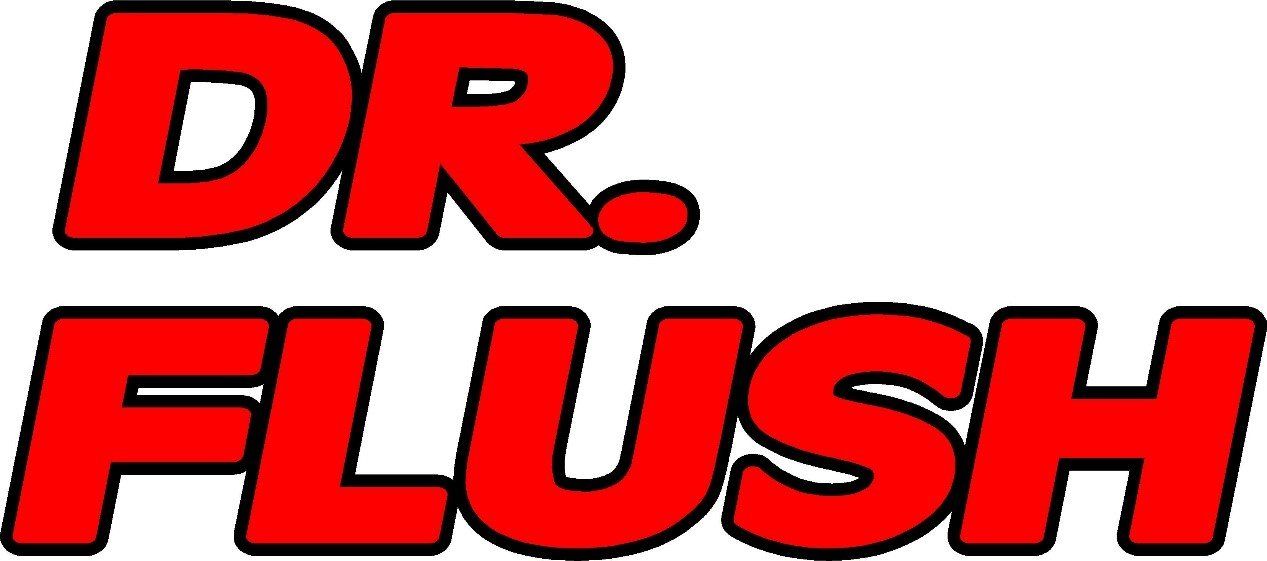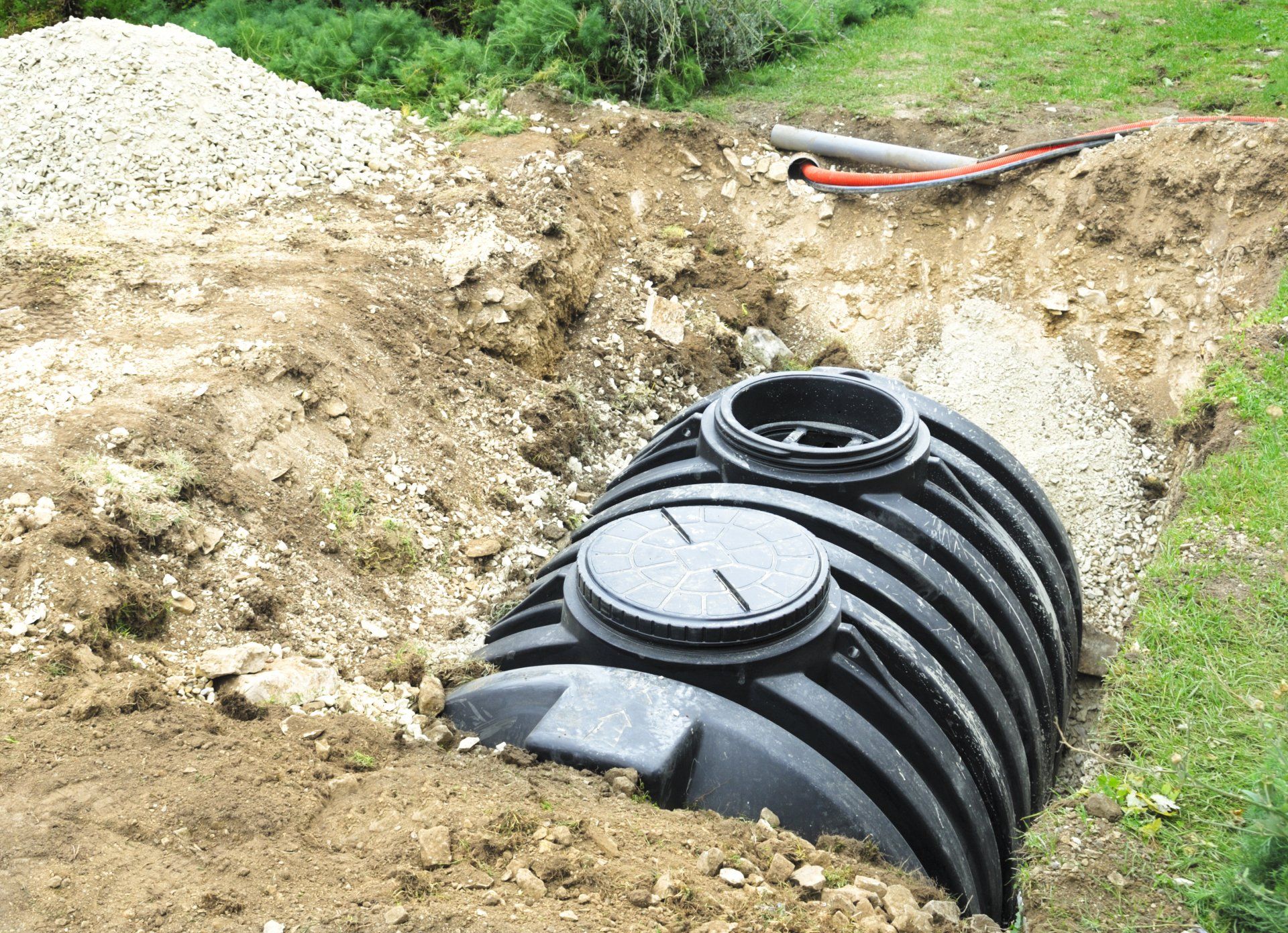Indications You Might Need to Replace Your Grease Trap
If you have a septic system in your home or business, you probably know how important it is to keep it in good condition. One of the key components of a septic system is the grease trap, which is a device that separates grease and solids from the wastewater before it enters the septic tank. Grease traps prevent clogs, backups, and odors in your septic system. In addition, these important features protect the environment from harmful contaminants.
Nonetheless, grease traps are not meant to last forever. Over time, they can wear out, corrode, or malfunction, causing problems for your septic system and your property. Keep reading to learn about some signs that indicate your grease trap may need to be replaced.
Learn what common issues affect drain fields so that you can take proper care of your septic system.
Overflowing Grease
If you notice grease spilling over the edges of your grease trap or leaking from the pipes, it means that your trap is no longer able to contain and pump out the grease effectively. This inefficiency can lead to clogs and backups in your septic system. Moreover, it can create a fire hazard and a health risk. You should replace your grease trap as soon as possible to avoid further damage and complications.
Clogged Pipes
Clogged pipes are another sign that your grease trap is failing. If the grease trap is not working properly, the device may allow grease and solids to pass through and accumulate in the pipes that connect to your septic tank. This accumulation can cause slow drains, gurgling sounds, bad smells, and eventually, sewage backups in your sinks, toilets, and showers.
Stinky Odors
A foul odor coming from your drains or your septic tank area is a clear indication that something is wrong with your septic system. One of the possible causes of foul odors is a dirty or damaged grease trap that is not properly filtering the food waste and grease from your wastewater.
The rotting debris can create a breeding ground for bacteria and mold, producing unpleasant smells and toxic gases that can affect your indoor air quality. You should have your grease trap cleaned regularly by a licensed septic service provider and replace it if the cleaning does not eliminate the odor.
Metal Traps
If your grease trap is made of metal, such as steel or iron, you should consider replacing it with a more durable material, such as fiberglass or plastic. Metal grease traps are prone to rusting and corroding over time, which can compromise their performance and lifespan. Rust and corrosion can also contaminate your wastewater with harmful chemicals and metals, which can damage your septic system and pollute the environment.
Frequent Pumping
An adequate grease trap should only need to be pumped every one to three months, depending on how much grease you produce and how often you use your septic system. However, if you find yourself needing to pump your grease trap more frequently than that, it could mean that your trap is too small for your needs, or that it's damaged and inefficient. Frequent pumping can be costly and inconvenient, as well as indicate a serious problem with your septic system.
A grease trap is an essential part of your septic system, helping it run smoothly and safely. However, like any other device, it can wear out over time and need to be replaced. If you suspect that you need a new grease trap or if you have other concerns about your septic system, contact Dr. Flush. Our trained and experienced technicians offer quality workmanship for all of your septic needs, and we’ll help you get your septic system back in working order in no time.








